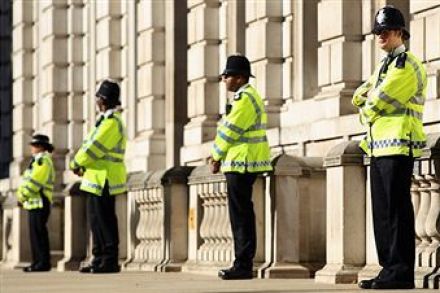Policing the local and the national
Today’s announcement on a proposed new National Crime Agency (NCA) is a key element in the government’s ambitious police reform agenda. Recent political attention has focused on changes to police pay and conditions and budget reductions, but the structural reforms that Theresa May and Nick Herbert are pursuing matter more in the long-term. And before it is dismissed as another attempt to create a “British FBI”, the background and rationale for the NCA is worth exploring. The NCA is much more than a rebranding of the Serious Organised Crime Agency (SOCA) – the troubled organisation set up by Charles Clarke. Instead it is one part of a major recalibration of















